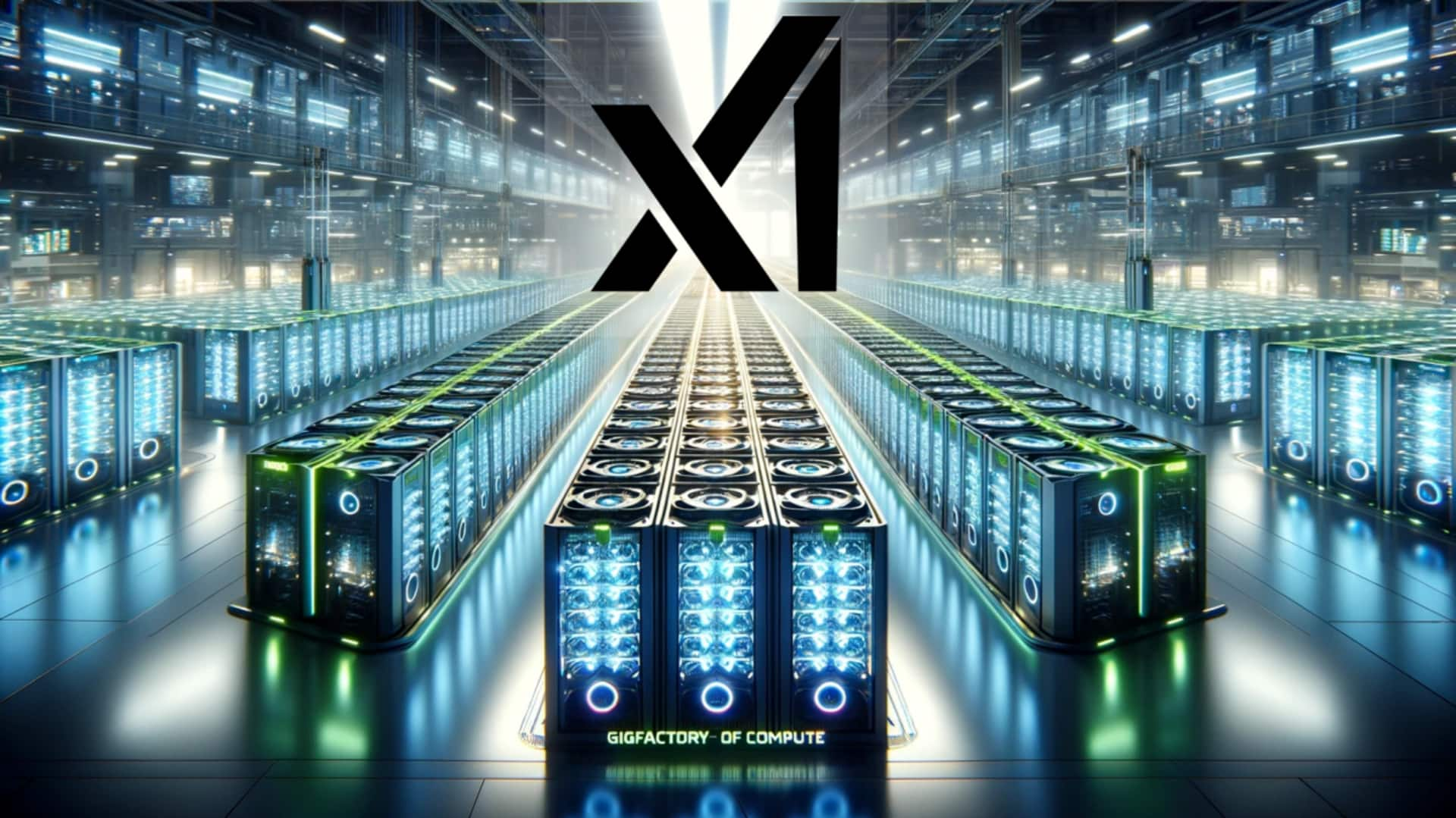
World's largest supercomputer faces scrutiny as environmental concerns mount
What's the story
Elon Musk's artificial intelligence (AI) company, xAI, has ignited controversy in Memphis, Tennessee, with the launch of its powerful supercomputer. The company has taken over a massive factory with the aim of constructing "Colossus," touted as the "world's largest supercomputer." The facility, built at breakneck speed, has raised concerns about its potential impact on the city's air quality.
Supercomputer details
Colossus: A test case for AI technology
The supercomputer, named after the mythical Greek statue "Colossus of Rhodes," is set to power Musk's artificial intelligence company, xAI. The primary function of this supercomputer is to provide computational power for Grok, an AI chatbot developed by xAI. The company has been operating in Memphis since its launch in July 2023 and has raised $6 billion in funding as of May.
Resource demands
Colossus's high resource consumption
Once fully operational, the local utility estimates that Colossus will require a million gallons of water per day and 150 megawatts of electricity. This amount is sufficient to power 100,000 homes annually. Despite its high resource consumption, xAI has assured residents that their access to utilities won't be affected and that the increase in electricity sales could generate an additional $500,000 for Memphis each year.
Public apprehension
Community concerns over xAI's environmental impact
The project has faced criticism for its lack of transparency and potential environmental impact. KeShaun Pearson, president of the local nonprofit Memphis Community Against Pollution, expressed frustration about the community's exclusion from discussions about the project. Environmental justice advocates like Amanda Garcia from the Southern Environmental Law Center have raised concerns about xAI's potential contribution to pollution in an already burdened community.
Permit issues
xAI's environmental compliance questioned
xAI has installed at least 18 portable methane gas generators without permits, according to the Southern Environmental Law Center. These generators can provide enough electricity to power 50,000 homes and have the capacity to emit 130 tons of harmful nitrogen oxides annually. Both the Shelby County Health Department and the Environmental Protection Agency have confirmed that xAI does not have air permits for these turbines.
Utility review
xAI's power and water demands under scrutiny
The Tennessee Valley Authority is currently reviewing xAI's electricity demands and awaiting more information from the company. Data centers like xAI typically have to wait years before they can get on the grid, as utilities need to ensure that these facilities won't strain resources for residents and other customers. Additionally, concerns have been raised about the significant amount of water required by data centers like xAI for cooling their servers.